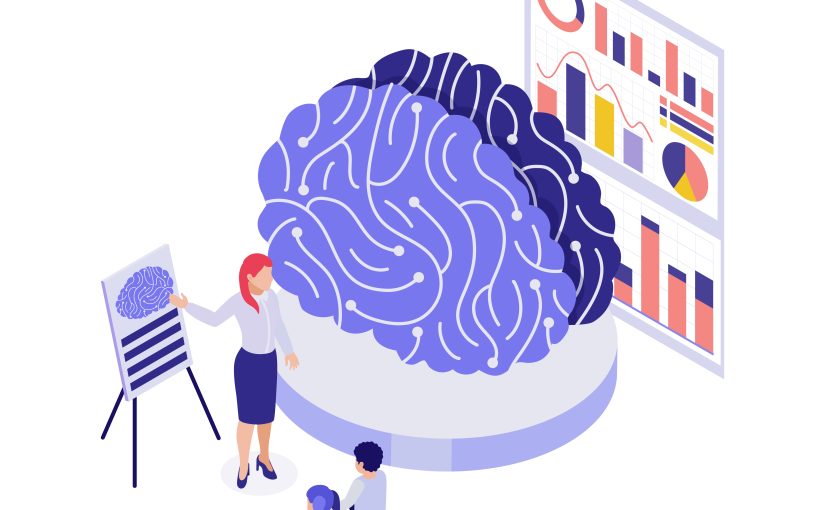Autism spectrum disorder (ASD) is a neurodevelopmental disorder that affects communication, social interaction, and behavior. Children with autism often have difficulty communicating, making friends, and engaging in typical childhood activities. Behavioral therapy, specifically Applied Behavior Analysis (ABA), is an evidence-based intervention that can help children with autism develop social, communication, and behavioral skills.
What is Applied Behavior Analysis?
Applied Behavior Analysis (ABA) is a scientifically validated approach to behavioral therapy. ABA focuses on teaching specific skills and behaviors through positive reinforcement and shaping. Therapists use a variety of techniques, such as prompting, modeling, and fading, to help children learn new skills and behaviors. ABA is highly individualized and tailored to each child's unique needs and abilities.
How Does ABA Help Children with Autism?
ABA can help children with autism in many ways. Here are some of the benefits of ABA:
- Develops Social Skills: Children with autism often have difficulty with social skills, such as making friends, sharing, and taking turns. ABA can help children develop social skills by teaching them how to interact with others, read social cues, and respond appropriately in social situations.
- Improves Communication: Children with autism may have delayed or limited communication skills. ABA can help children develop communication skills by teaching them how to use words, gestures, and other forms of communication to express their needs and wants.
- Reduces Problem Behaviors: Children with autism may engage in problem behaviors, such as tantrums, aggression, and self-injury. ABA can help reduce problem behaviors by teaching children more appropriate ways to communicate and express their needs and wants.
- Increases Independence: ABA can help children with autism become more independent by teaching them how to perform self-care tasks, such as dressing, brushing teeth, and using the bathroom.
Why Early Intervention is Crucial?
Early intervention is crucial for children with autism because the brain is most receptive to learning and development during the early years of life. Research shows that the earlier a child receives intervention, the better the outcomes are. Early intervention can improve cognitive, social, emotional, and physical development and prevent secondary issues, such as behavioral problems, academic difficulties, and social isolation.
Moreover, early intervention can reduce the need for more intensive and costly interventions later in life. By addressing autism early on, children may require fewer services and supports as they grow older. This can save families and communities significant time and money while also improving outcomes for the child.
Customized Treatment Plans at Cogniable
At Cogniable, we provide evidence-based behavioral therapy for children with autism. Our highly trained therapists use ABA to help children develop social, communication, and behavioral skills. We offer customized treatment plans to meet each child's unique needs and abilities. Our therapy sessions are conducted in a naturalistic setting, such as the child's home or school, to maximize generalization and maintenance of skills.
We also involve parents and caregivers in the therapy process by providing parent training and support. We teach parents strategies to support their child's development at home and provide ongoing feedback and guidance.
 ABA Courses
ABA Courses Behavioral Therapy for Autism
Behavioral Therapy for Autism Developmental Delay
Developmental Delay Neuro developmental Therapy
Neuro developmental Therapy Down Syndrome Therapy
Down Syndrome Therapy Autism Screening
Autism Screening Vocational Training
Vocational Training